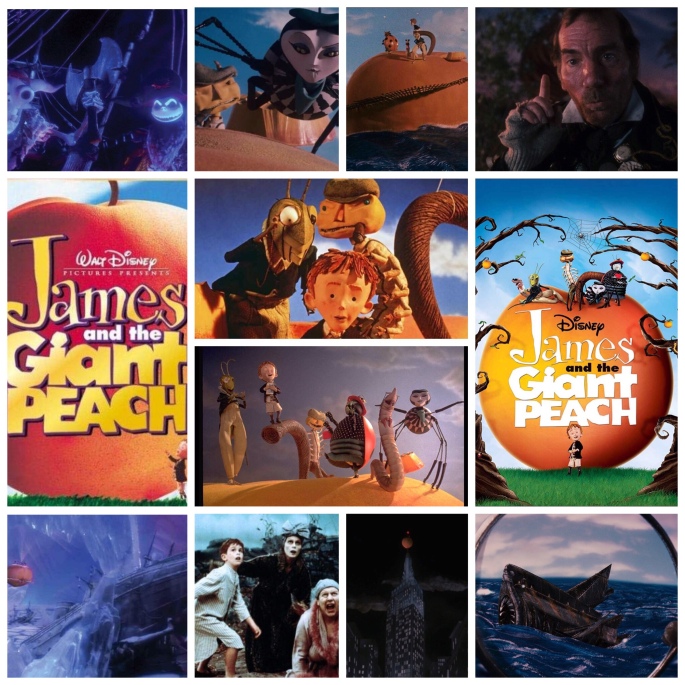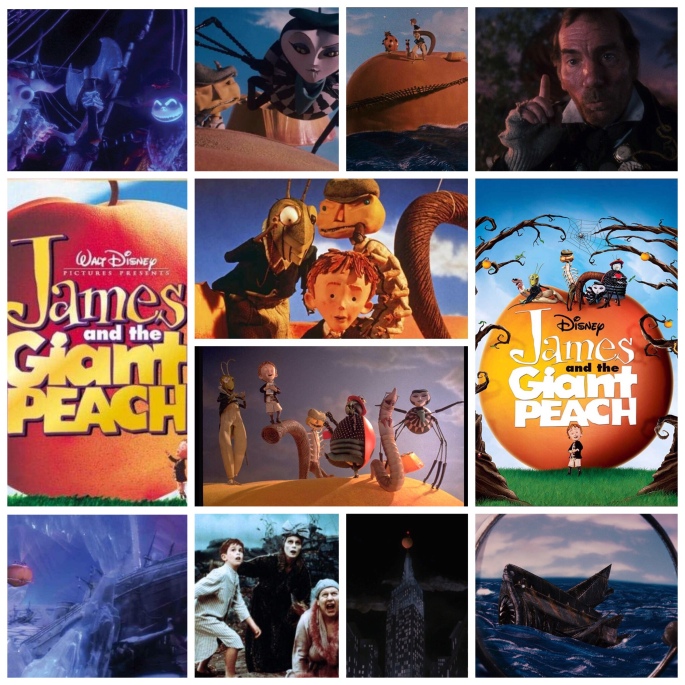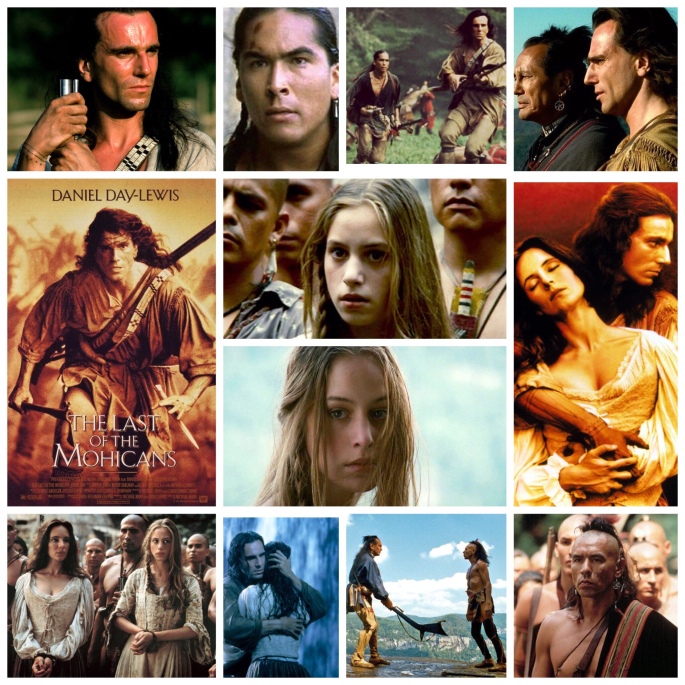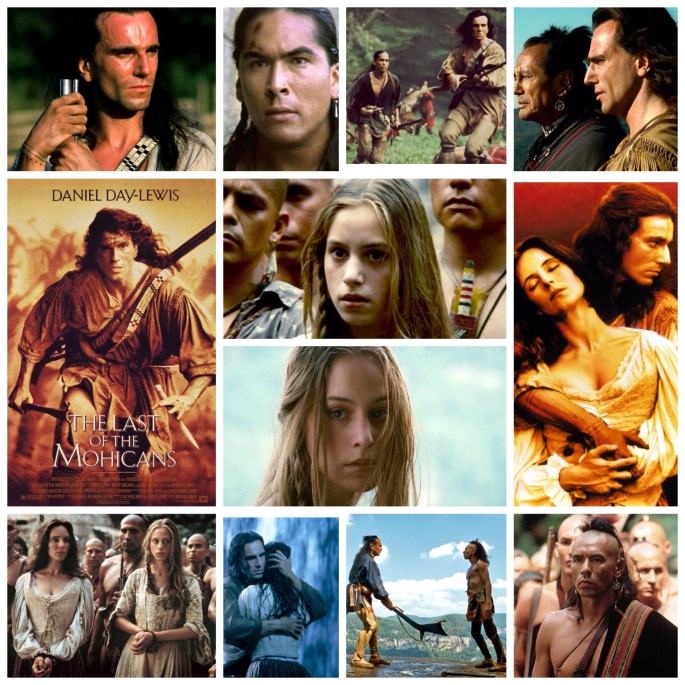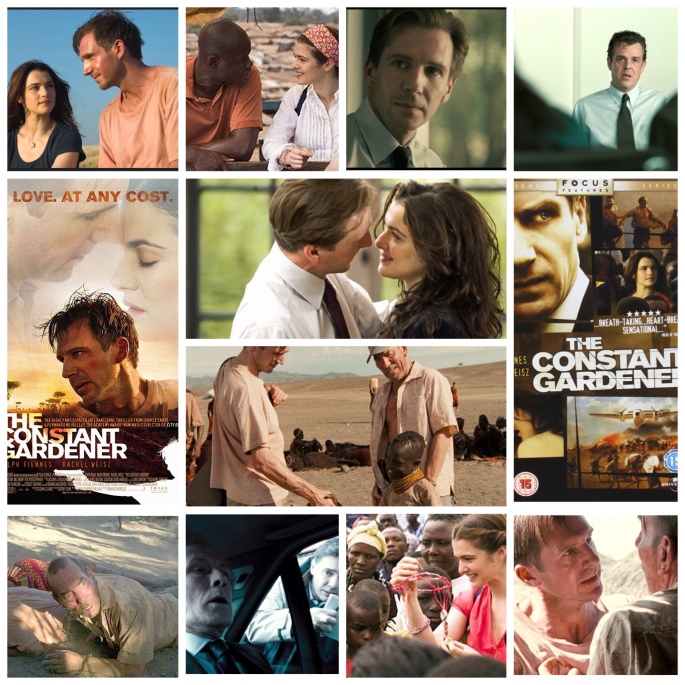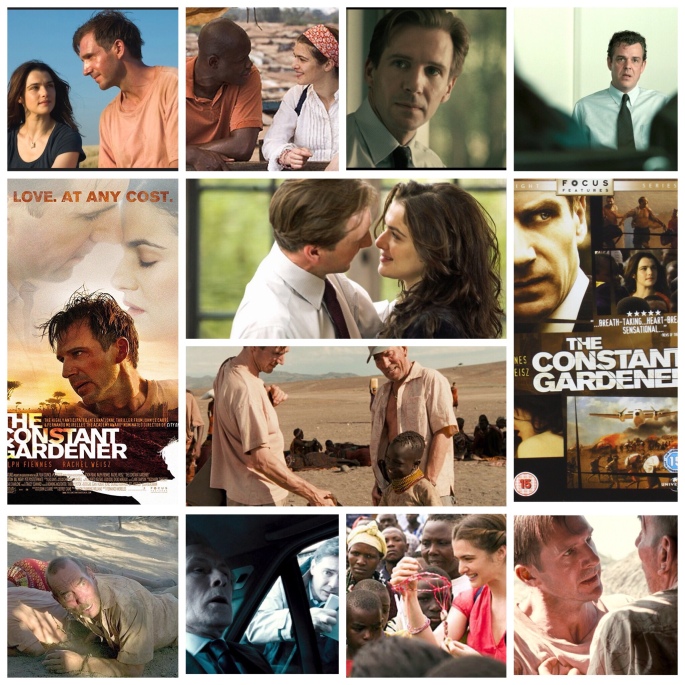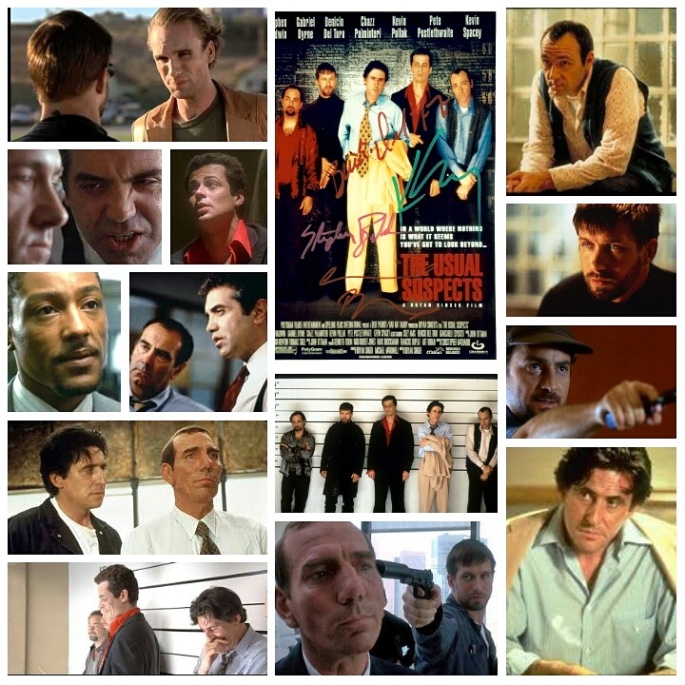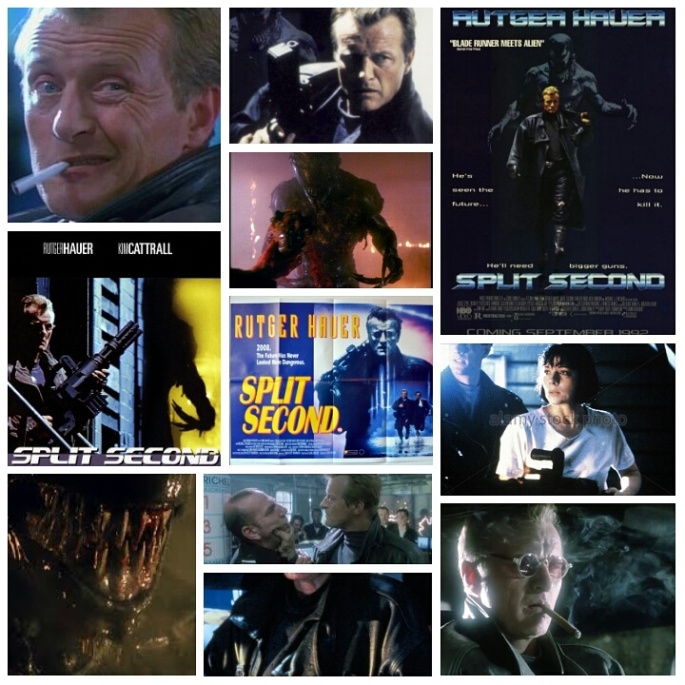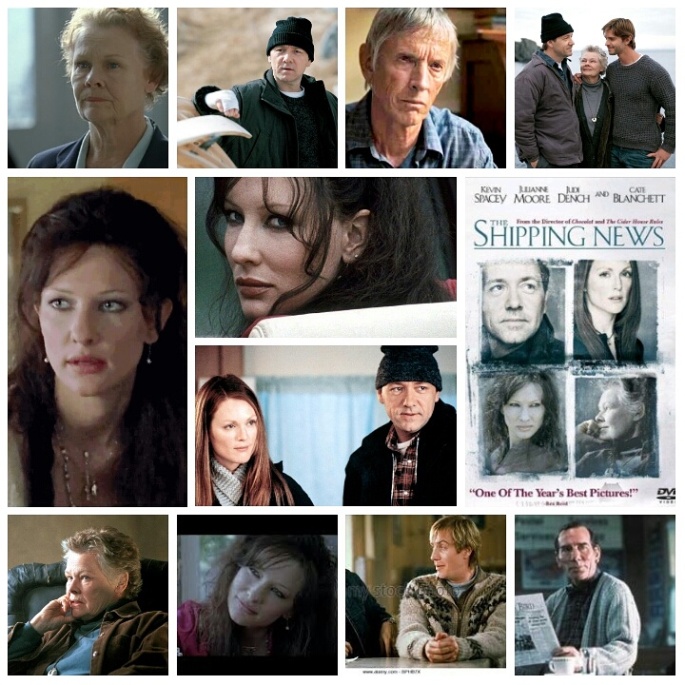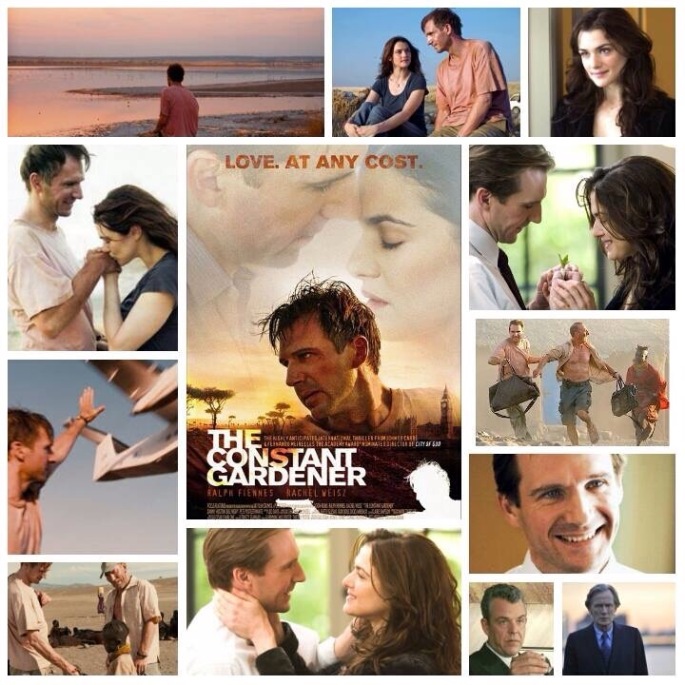Who remembers Pete Postlethwaite? I do and always will, for the creative mark he made on both my childhood, teenage years and older formative exploration of cinema is a huge one. This guy was a face you knew and remembered immediately, a slightly eccentric, wily looking dude who could command a scene like no other and had such a way with words, be they written by Shakespeare, Christopher Nolan or Christopher McQuarrie. Just to give you an idea of the character and spirit this guy had within the industry, here’s a direct quote from the man:
“My first agent wanted me to change my name. So I changed him instead. When I made a breakthrough as an actor, people started to say, ‘Who’s that bloke with the funny name?’ They advised me to change it, saying it would never be put up in lights outside theaters because they couldn’t afford the electricity. But I would never contemplate changing it. It’s who I am. It’s my mother and father, my whole family. It’s where everything I am comes from. I couldn’t imagine living my life with another name.”
Pete is no longer with us but his incredible career lives on and here are my top ten personal favourites from his body of work:
10. The Keeper in Aeon Flux

Okay so I feel a bit guilty for putting this on the list because it’s a godawful, stupid ass movie but Pete makes such a surreal impression basically playing the man in the moon. The whole film sees Charlize Theron’s Aeon doing all kinds of SciFi espionage garbage that culminates in a journey to some floating structure far above the city surface, where he waits for her in a tin foil poncho. It’s bizarre and off the wall but the guy could deliver lines like no other and the scene just somehow had a lasting impression on me.
9. Obadiah Hakeswill in BBC’s Sharpe
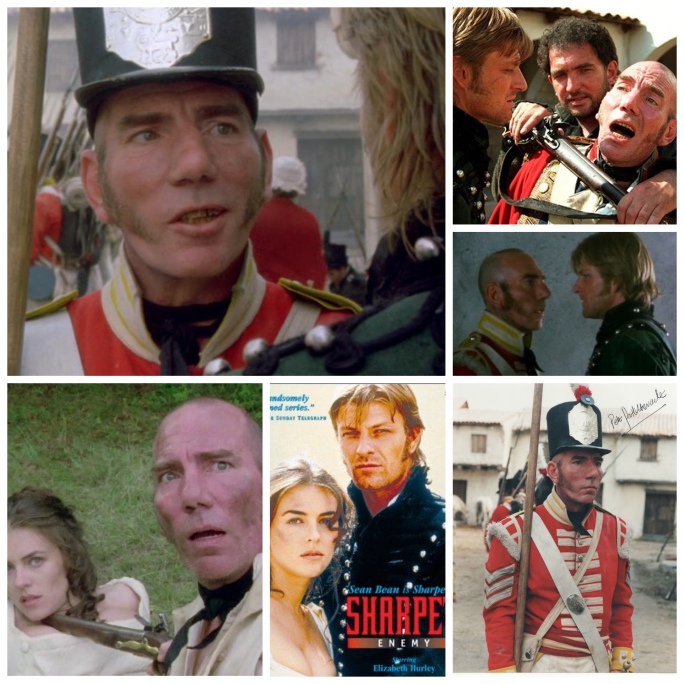
This adventurous period piece sees him do battle with Sean Bean’s titular Sharpe, a warrior and soldier of fortune who headlined a whole series of made for tv films in the early 90’s. Hakeswill was one of the most dastardly, hateful villains Sharpe ever faced, a rapist deserter with a mile wide mean streak and cunning nature that proved to be quite the adversary.
8. Dr. Lorbeer in Fernando Mereilles’ The Constant Gardener

He’s only onscreen for a brief few scenes in this stunning adaptation of John Le Carré’s political mystery, but as usual he makes a vivid impression. Lorbeer is a mysterious physician embroiled in a deep pharmaceutical conspiracy within the heart of Africa, and his quiet few words of cryptic advice to Ralph Fiennes’ Justin Quayle linger eerily long after the camera has left him out there on the desolate savanna.
7. Father Lawrence in Baz Luhrmann’s Romeo + Juliet
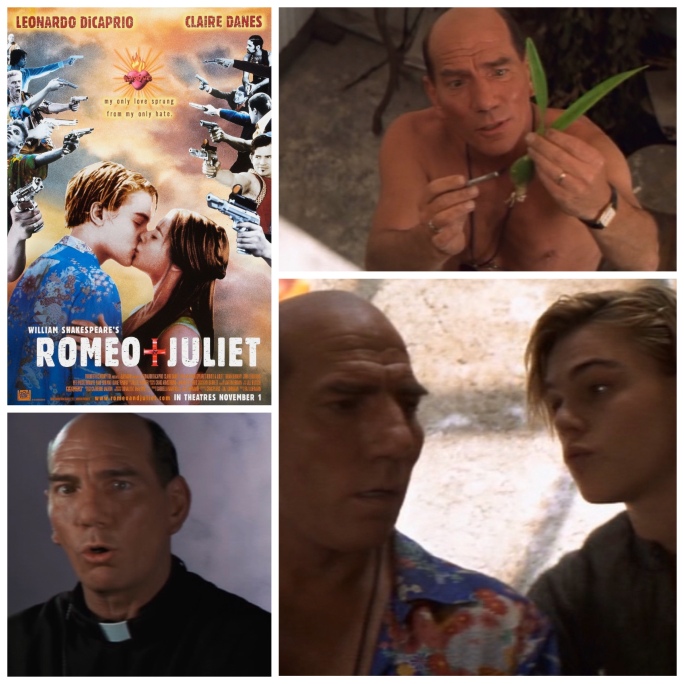
Some actors just have a way with Shakespeare. This is probably the quintessential film version of Romeo & Juliet and he makes the most out of his role as the botany inclined friar, relishing every over elaborate line and closeup adorned gesture.
6. Giuseppe Conlan in Jim Sheridan’s In The Name Of The Father
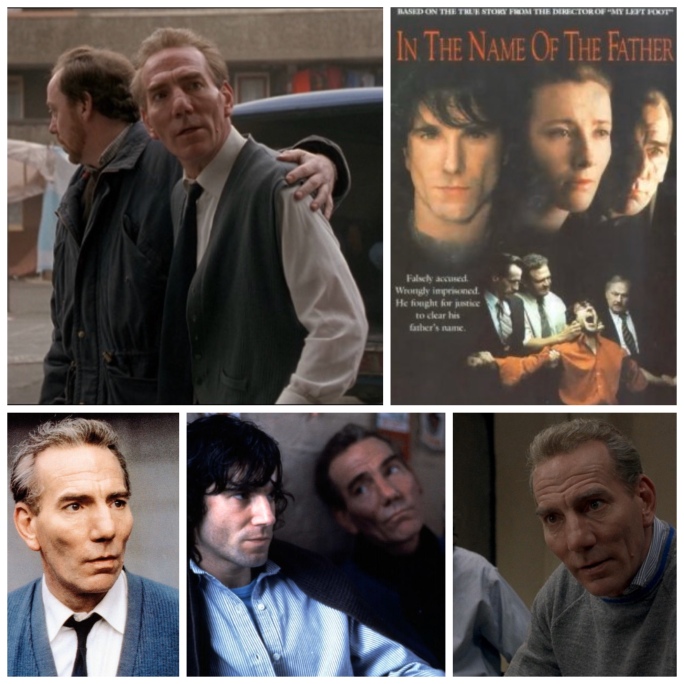
Pete and Daniel Day Lewis finds themselves in a harrowing situation here as father and son, one of whom is wrongfully accused of a nasty IRA bombing that puts both in prison for like a decade. This causes a horrific, prolonged experience for both as attorneys fight to clear their name, the years wear on and the performances of both Lewis and Pete cut more than deep in their desperation and haunting tragedy.
5. Gilbert Of Glockenspur in Rob Cohen’s Dragonheart
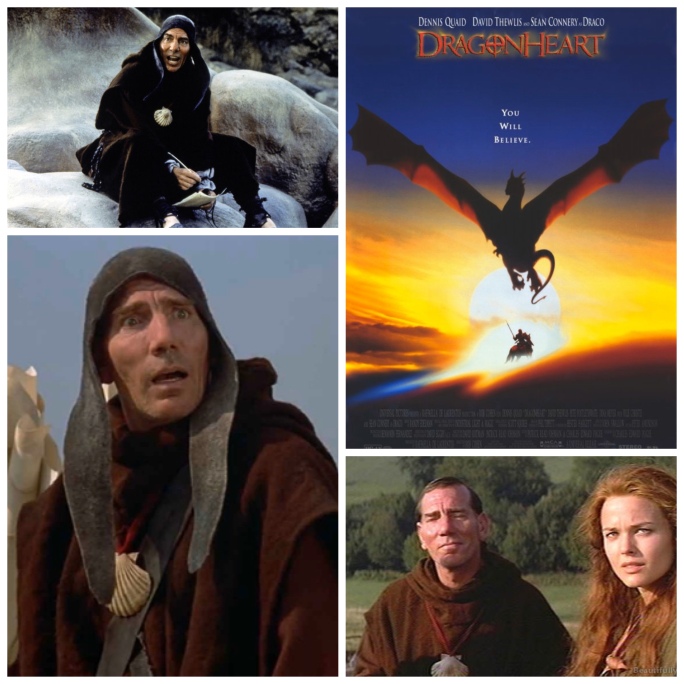
This classic fantasy sees Dennis Quaid’s rogue warrior team up with Sean Connery’s dragon to do battle with an evil sorcerer (David Thewlis). Pete is the intrepid, travelling outcast monk who gets swept up in the adventure and provides both gravitas and comic relief to this tale. One of the most affecting moments of the film is when he takes up bow and arrow during an intense battle and in captivating closeup makes the split second decision to abandon his vow not to take a life. Brilliant work here.
4. Fergie Colm in Ben Affleck’s The Town
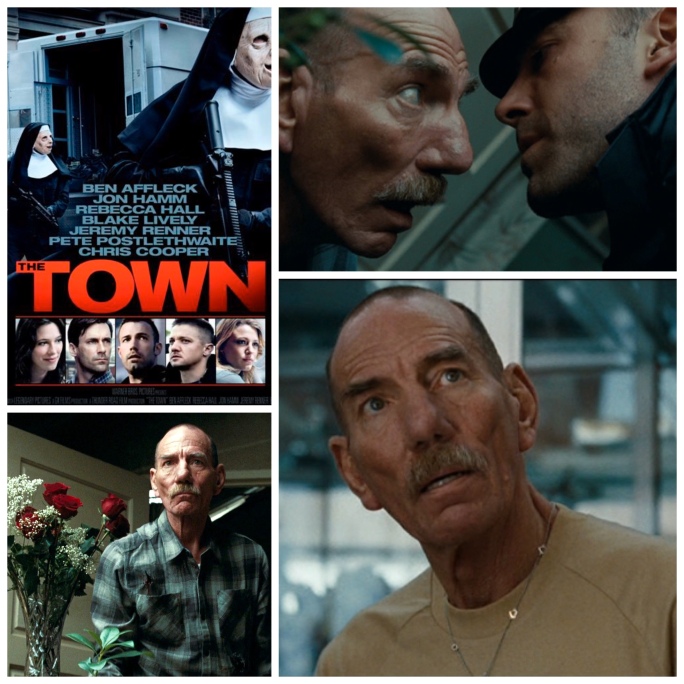
One of his final roles and one of his scariest too. Fergie is a Boston flower shop owner who moonlights as a fence and crime boss and is none too happy when Affleck and his gang deviate from the specific heist plans he’s laid out. No one barks out heinous threats with a sidelong glance quite like he could, and he steals his few scenes as an all out psychopath.
3. Roland Tembo in Steven Spielberg’s The Lost World: Jurassic Park 2

One of the most memorable big game hunters in cinema, Tembo is a brittle badass who accompanies a research team as security and with the fierce personal agenda of bringing down a T-Rex. Postlethwaite plays him not as a sadistic or cruel hunter but with a cunning determination that’s respectful of his quarry, disdainful of military idiots around him and possessive of a keen intuitive nature in the field, or in this case the long grass.
2. The Old Man in Henry Selick’s James & The Giant Peach
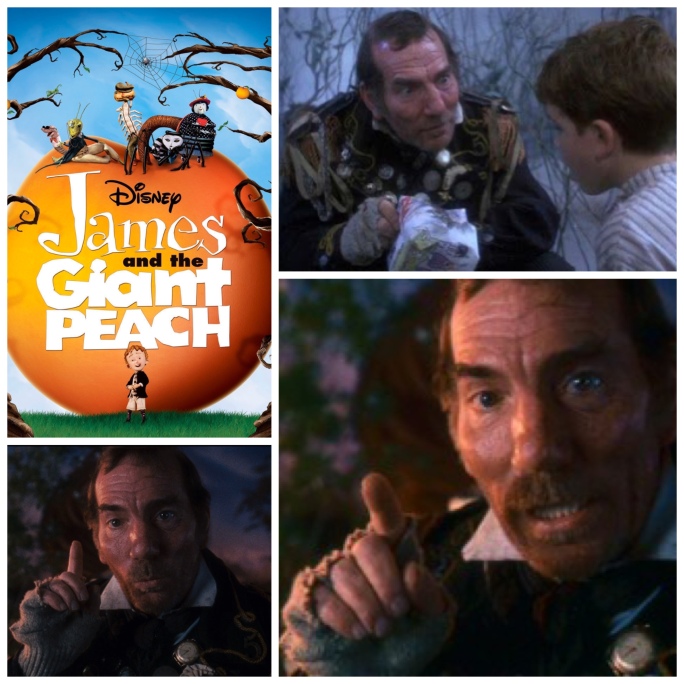
I grew up reading Roald Dahl’s classic tale and to see Pete embody such a key character in the film version was pure magic. He only has like one and a half quick scenes but imparts such mysterious wisdom and magnetism he makes a huge impression as essentially the catalyst for the fantastical events on display.
1. Kobayashi in The Usual Suspects
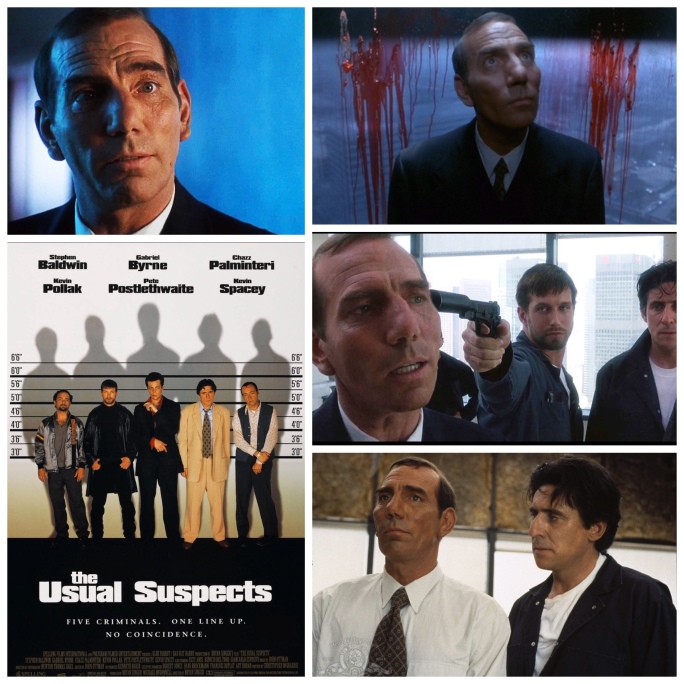
There’s a ton of exposition delivered by many different characters in this serpentine crime saga but he makes his portion the most menacing, impactful and memorable. As a devilish lawyer and confidante to the boogeyman of the international criminal underworld, he calmly intimidates the collective protagonists with his even tone, barely veiled threats and promises of woe to come without batting an eyelash, it’s a master class in restrained scenery chewing that always holds the screen.
Thanks for reading and stay tuned for more!
-Nate Hill

